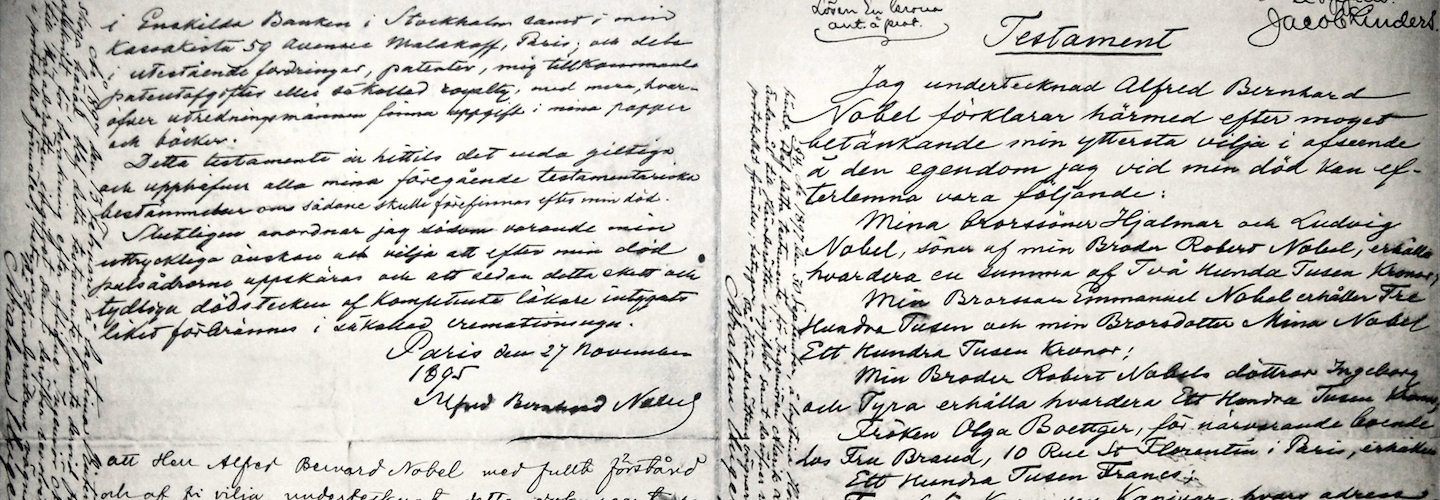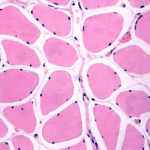Frances Arnold, a chemical engineer at Caltech, was awarded the 2018 Nobel Prize in Chemistry. Arnold received the Nobel Prize for the directed evolution of enzymes, a method used in protein engineering to mimic (and speed up) the process of natural selection to manipulate, identify, and design proteins that have broad implications and can be used for a variety of applications. Her seminal paper, which first demonstrated this method, was published in 1993 and was a culmination of work at Caltech which started in the late 1980s, 30 years prior to receiving the Nobel Prize.
On January 2nd, Arnold made headlines again after announcing on Twitter that she and her co-authors retracted a paper that was published in the prestigious journal Science in May of 2019, 7 months after winning the Nobel Prize. “For my first work-related tweet of 2020, I am totally bummed to announce that we have retracted last year’s paper on enzymatic synthesis of beta-lactams,” she wrote. “The work has not been reproducible.”
Retracting a published scientific article means the author(s) made a mistake and the article shouldn’t have been published. Some people may be thinking, Geez, I bet the Nobel Committee wishes they can take that Prize back and give it to someone who doesn’t make these kinds of mistakes.
But think again. If I were part of the committee, I’d be saying the exact opposite: Thank god we picked such a credible recipient of highest honor in the field! Making mistakes and being wrong is part of the process in science. The problem is when you make mistakes and you either don’t know you’re making mistakes or you don’t admit mistakes once you realize them or when they have been pointed out. While the irony isn’t lost on me that Arnold’s mistake was due to admittedly being distracted by “all the Nobel Prize hoopla,” she later realized the error in her lab and was proactive in reporting it. Bad work slipping through the cracks is not a good thing, but Arnold’s admission and retraction is the right thing to do, and hopefully inspires others to report errors. (This particular case may be a coauthor’s scientific misconduct rather than an honest mistake. Fooling yourself and being wrong is a natural phenomenon in science. Fooling others and acting in a way that willfully compromises the integrity of scientific research is not.)
Even the best scientists make mistakes. Arnold is not the first Nobel Laureate to retract a paper. There are several others who issued retractions. The best scientists are the best scientists in large part because of their openness to admit and share all of the errors they’re discovering along the way. Open failure is a path to progress. The merit of a scientist is not perfection, it’s the integrity you display when confronted with errors. Arnold herself may have put it better in a follow-up Tweet to her retraction announcement: “My motto, shared for 29 years with my three children: ‘I’m not perfect, but I’m good enough.’ Works for me. Seems to work for a lot of us.”
Keep this in mind, please, when you consume scientific information. Unlike politics, where changing your mind or admitting mistakes is tantamount to career suicide—a sign of weakness—in science, it’s actually a sign of integrity and high-level thinking. Keep the retractions coming.






Hear hear! Well said! Ain’t none of us perfect.
Thanks for this, a friend of mine quit academic research (plant molecular biology) and cited the dishonestly as a main reason, she just couldn’t go along with the lies. Another researcher told me about her former PI being ‘blackballed’ for his whistle-blowing about some shady practices (Immunology research). Ther are some very interesting interviews with John Abramson about pharmaceutical research and the ‘reframing’ that occurs.
Thank you so much for this article, I couldn’t agree more.
Yes! Thank you for writing this. So important… And I wish politicians could be like that too!